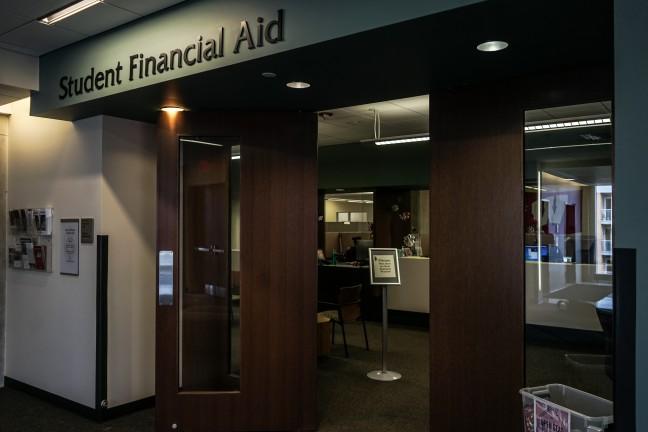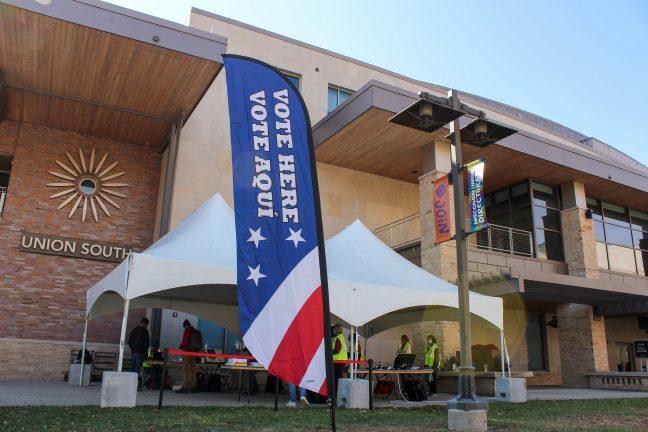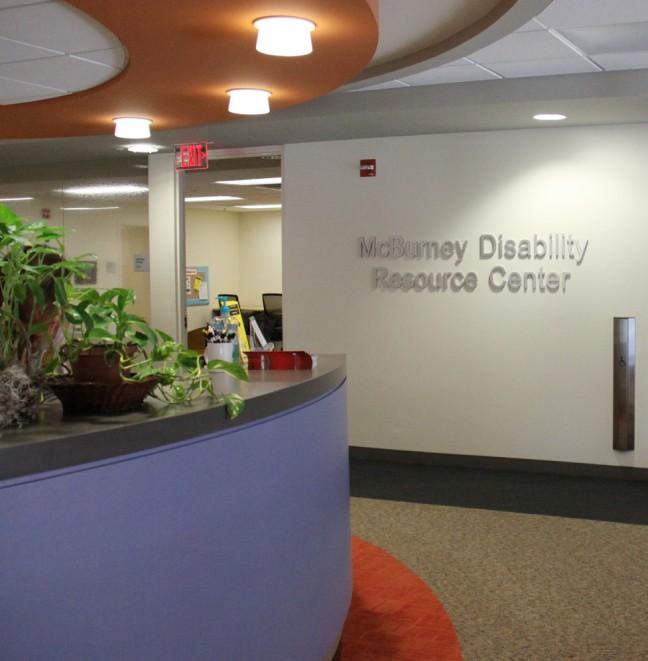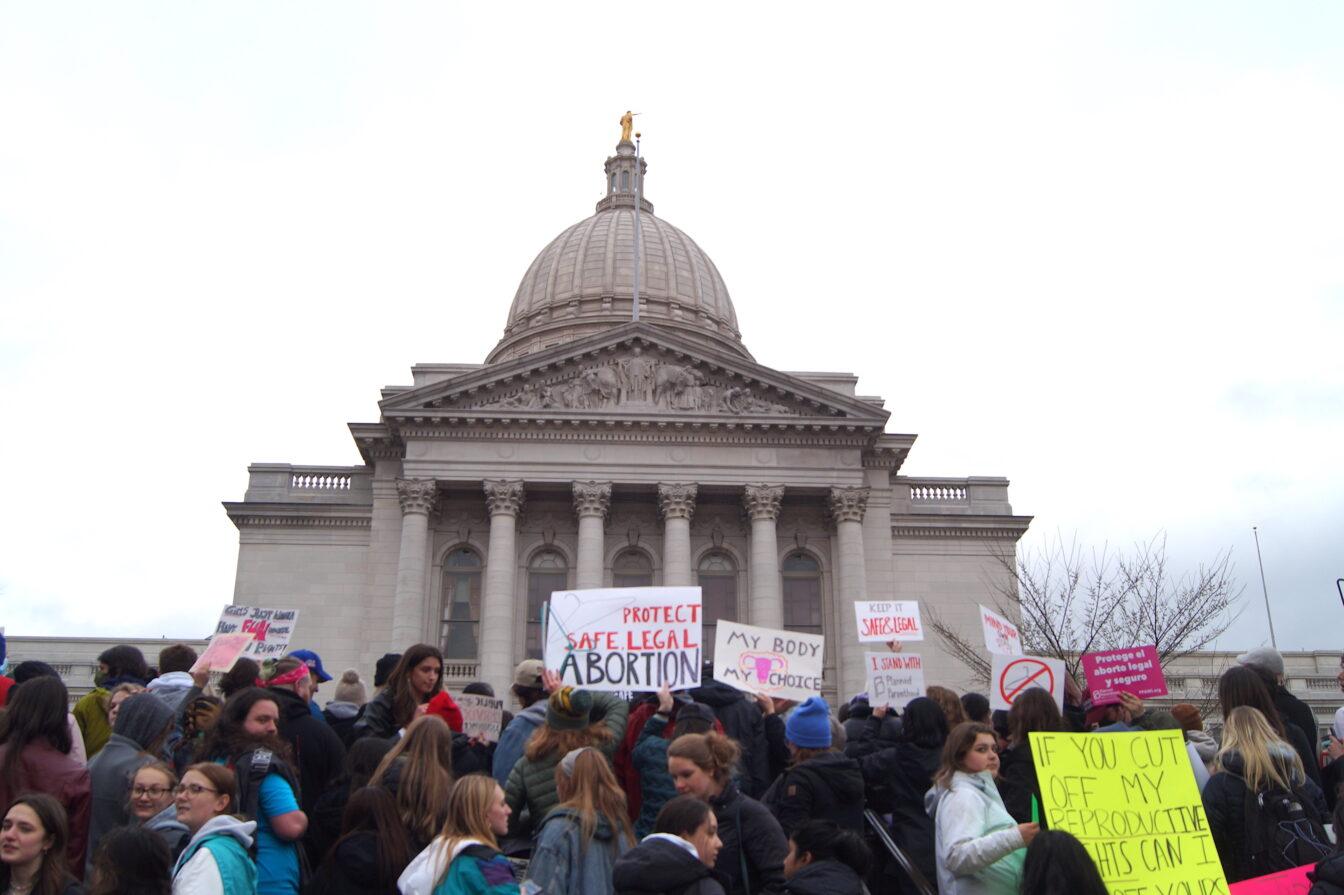Over the past few years, a movement has been spreading across the country to focus on and address the issue of menstrual equity and fairness in the United States.
Earlier this year, Florida joined more than a quarter of states and the District of Columbia who do not tax menstrual hygiene products. In Wisconsin, however, where menstrual hygiene products are not exempt from the state’s sales and use tax, hygiene products are taxed five percent on the purchase price (not including any locally-imposed sales taxes that might be tacked on), while other necessities such as water, milk, eggs, butter, over-the-counter medication, among other goods, are exempt. Likewise, access to hygiene products can be inconvenient and undignified at best, and cost-prohibitive at worst.
Last week, the Hygiene Product Accessibility Act was introduced in the Wisconsin State Legislature to promote access to tampons, sanitary pads and other hygiene products used for menstruation. The act includes two separate pieces of legislation to address accessibility to menstrual hygiene products: One bill would create a sales and use tax exemption for hygiene products and the other bill would require hygiene products to be available at no charge in restroom facilities of buildings owned, leased, or occupied by the state or political subdivisions, including the University of Wisconsin System and UW-Madison’s campus.
Policies like those presented in the Hygiene Product Accessibility Act are especially apt for students at higher education institutions where there is a diversity of incomes, backgrounds and there are already systemic economic barriers to accessibility without adding on additional expenses for menstrual hygiene products. These bills would directly and positively impact students across Wisconsin, but especially here on UW’s campus where there are more than 43,338 students, a little over 50 percent of whom likely experience menstruation once a month.
The bad news about the Hygiene Product Accessibility Act? This package of bills has a ways to go before getting through the legislature without any bipartisan support. The good news, though, is the UW administration and facilities planning and management office need not wait for these bills to move through the legislature to ensure students have access to menstrual hygiene products on campus.
Sargent says eliminating ‘tampon tax’ ‘is the right thing to do’
UW is in a unique position, given the current pilot program operating in select bathrooms on campus, to use the data and experience garnered during the pilot to make meaningful progress toward supplying menstrual hygiene products in all university restrooms and buildings across campus.
Students should begin organizing and advocating for accessibility to menstrual hygiene products on campus, and should ask the university administration and facilities planning and management office to commit to a tangible timeline on making this a reality. Even the University of Minnesota has had free menstrual products in women’s restrooms on campus for nearly a decade, so it is well past time for our state’s flagship university to start leading on this issue.
Melissa Sargent is a State Representative in the Wisconsin Assembly, representing the 48th Assembly District, which covers the east and north sides of the city of Madison and the village of Maple Bluff. ASM and Accessible Reproductive Healthcare Initiative student group are co-authors.














